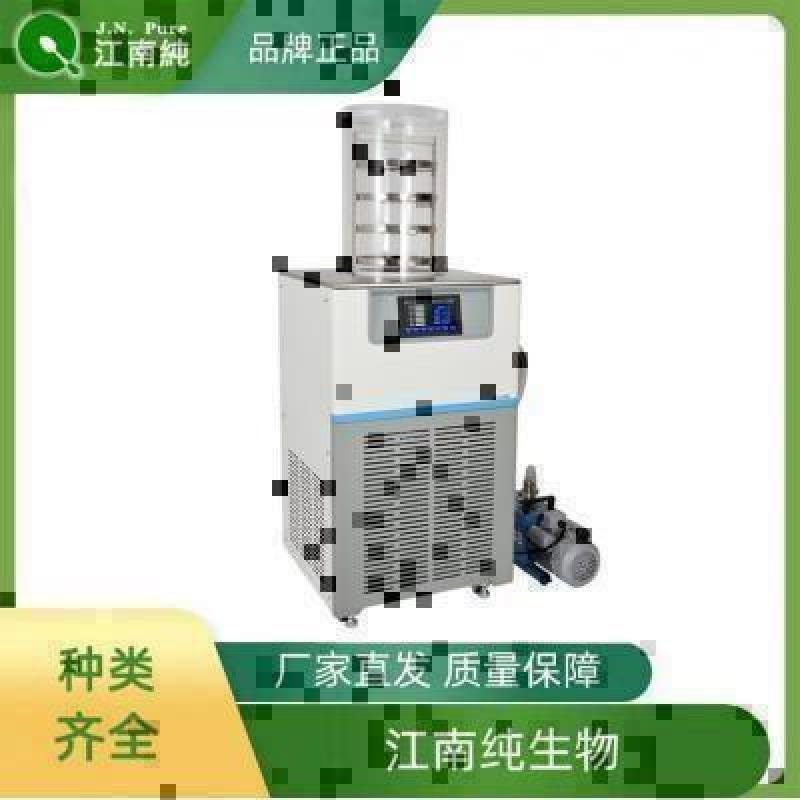Anti-PAI1 antibody
| 英文名称 | PAI1 |
| 中文名称 | 纤溶酶原激活物抑制因子抗体 |
| 别 名 | Clade E; Endothelial plasminogen activator inhibitor; Nexin; PAI 1; PAI; PAI-1; PAI1_HUMAN; PLANH1; Plasminogen activator inhibitor 1; Plasminogen activator inhibitor type 1; Serine (or cysteine) proteinase inhibitor; Serine (or cysteine) proteinase inhibitor clade E (nexin plasminogen activator inhibitor type 1) member 1; Serpin E1; Serpin peptidase inhibitor clade E (nexin plasminogen activator inhibitor type 1) member 1; Serpin peptidase inhibitor clade E; Serpine 1; Serpine1. |
DATASHEET
Host:Rabbit
Target Protein:PAI1
IR:Immunogen Range:301-402/402
Clonality:Polyclonal
Isotype:IgG
Entrez Gene:5054
Swiss Prot:P05121
Source:KLH conjugated synthetic peptide derived from human PAI-1:301-402/402
Purification:affinity purified by Protein A
Storage:0.01M TBS(pH7.4) with 1% BSA, 0.03% Proclin300 and 50% Glycerol. Shipped at 4℃. Store at -20 °C for one year. Avoid repeated freeze/thaw cycles.
Background:PAI1 (plasminogen activator inhibitor 1) is originally cloned from human endothelial cell (Pannekoek 1986, Ginsburg 1986) and rat hepatoma cell 3 cDNA libraries. As a member of the serpin family of serine protease inhibitors, PAI1 inhibits both tissue type plasminogen activator (tPA) and urokinase type plasminogen activator (uPA). High PAI1 levels are associated with an increased risk of thromboembolic disease while PAI1 deficiency may represent an inherited autosomal recessive bleeding disorder.
Size:100ul
Concentration:1mg/ml
Applications:ELISA(1:5000-10000)
IHC-P(1:100-500)
IHC-F(1:100-500)
IF(1:100-500)
Cross Reactive Species:Human
Mouse
Rat
Dog
Pig
Cow
Rabbit
Sheep
.
For research use only. Not intended for diagnostic or therapeutic use.


好评度